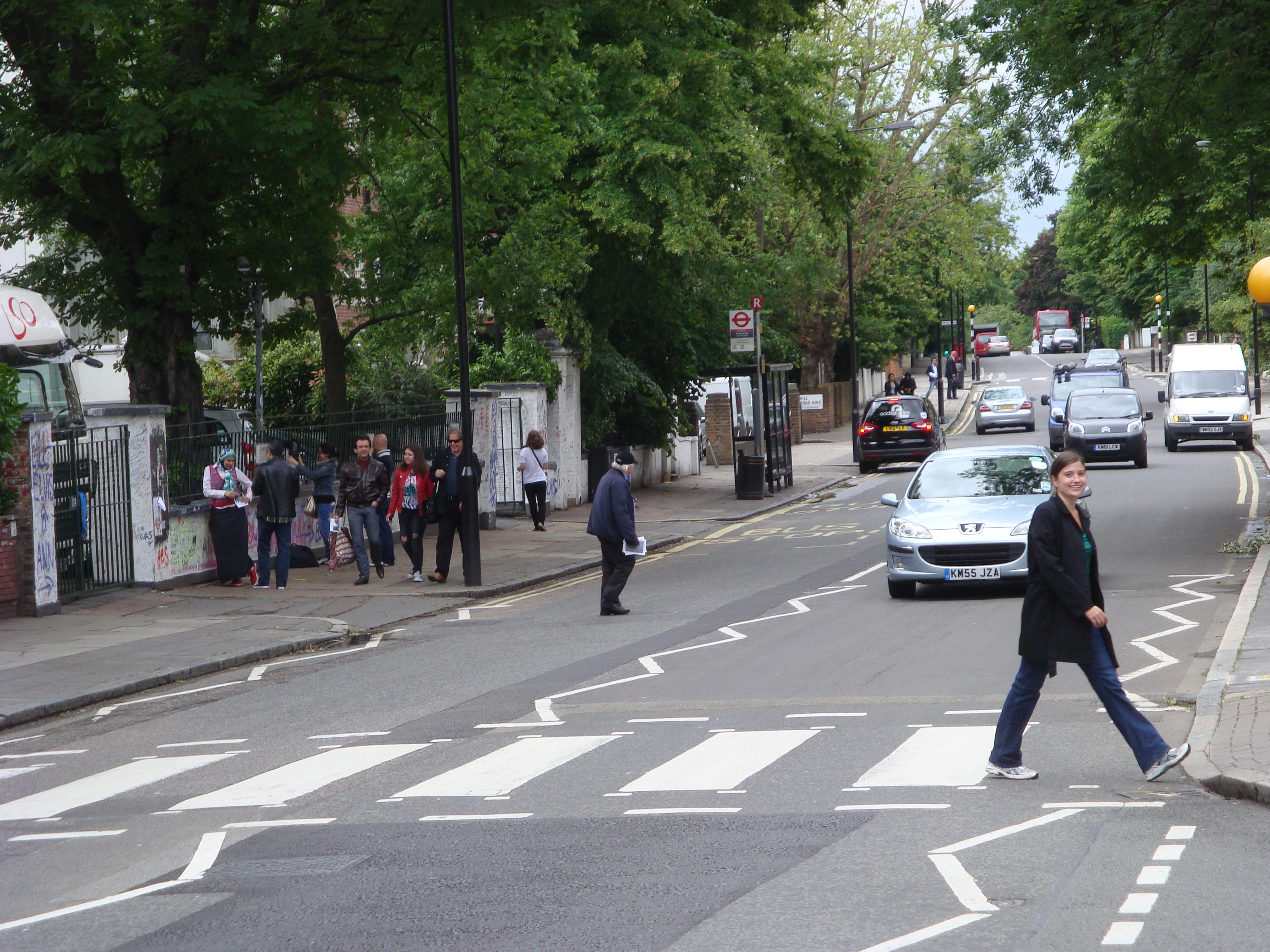
On December 5, Kathryn Cox (Historical Musicology) successfully defended her dissertation, entitled “‘What Happened to the Post-War Dream?’: Nostalgia, Trauma, and Affect in British Rock of the 1960s and 1970s” (abstract below). Congratulations, Kathryn!
“What Happened to the Post-War Dream?”: Nostalgia, Trauma, and Affect in British Rock of the 1960s and 1970s
The widespread popularity of British rock musicians in the early 1960s presented the world with a postwar-dream version of Britain as a modern, thriving cultural force in the global economy. Over the course of the decade, however, many of these musicians increasingly turned toward the nation’s war-torn past as a source for musical inspiration. No longer were they only popular culture ambassadors for a modern Britain, but they also came to serve as representatives of a generation scorched by their nation’s history, particularly by the aftershocks of World War II. Although members of pioneering groups such as the Beatles, the Kinks, the Who, and Pink Floyd were all born in the early 1940s—much too late to have had experience on the frontline—memories of World War II haunted them. The rubble left from buildings decimated during the German Blitz attacks, family war stories, and national rationing into the late 1950s were among the constant reminders of near defeat during the war and the struggle to survive afterward amidst a crumbling empire.
This dissertation explores how British rock musicians sought to engage with their identities as members of the postwar generation and to challenge their inherited national history. By applying theories addressing identity, memory, and nostalgia from Svetlana Boym, Pierre Nora, and Janelle Wilson, Chapter 1 demonstrates how the Beatles in the film and soundtrack Magical Mystery Tour (1967) constructed a world deeply rooted in postwar nostalgia. Drawing on the works of Clay Routledge and Lawrence Kramer, Chapter 2 illustrates how the Kinks employed the affective ambiguity of nostalgia as a tool for cultural criticism in their concept album Arthur: Or the Decline and Fall of the British Empire (1969). Theories on trauma and denial by Julie P. Sutton and Judith Herman inform Chapter 3, which examines how the Who’s rock opera Tommy (1969) reflects a culture of postwar traumatic denial. Concluding the dissertation, Chapter 4 incorporates trauma theory from works by Shoshana Felman, Cathy Caruth, and Maria Cizmic, to show how Pink Floyd’s rock opera The Wall (1979) functions as a traumatic narrative through musical disruption, creates a soundscape built from traumatic events, and emphasizes the role of the listener as witness.
Photo: Kathryn crossing the infamous Abbey Road.
Recent Posts
SMR to Host Midwest Graduate Music Consortium 2025 Conference – January 13, 2025
SMR Welcome BBQ at County Farm Park – October 01, 2024
Julian Grey defends dissertation – June 05, 2024
Michaela Franzen defends dissertation – May 21, 2024
Kai West defends dissertation – May 16, 2024
Micah Mooney and Carlos Pérez Tabares present at Music Theory Midwest – May 12, 2024
SMR end-of-year round-up at County Farm Park – April 25, 2024
SMR hosts Research Showcase – September 29, 2023
 Society for Music Research
Society for Music Research